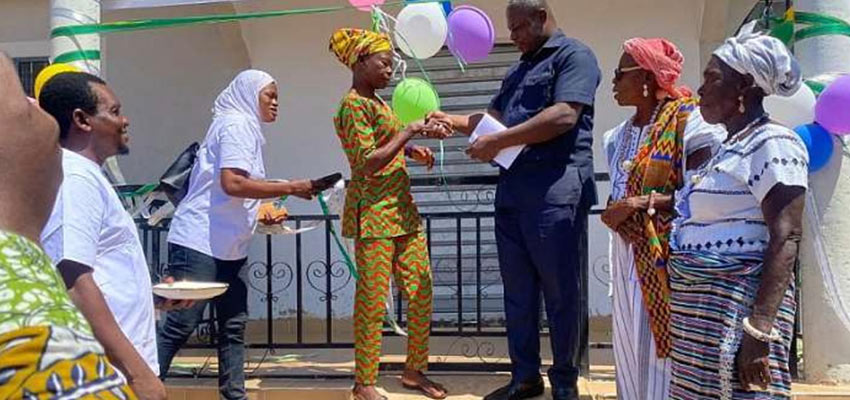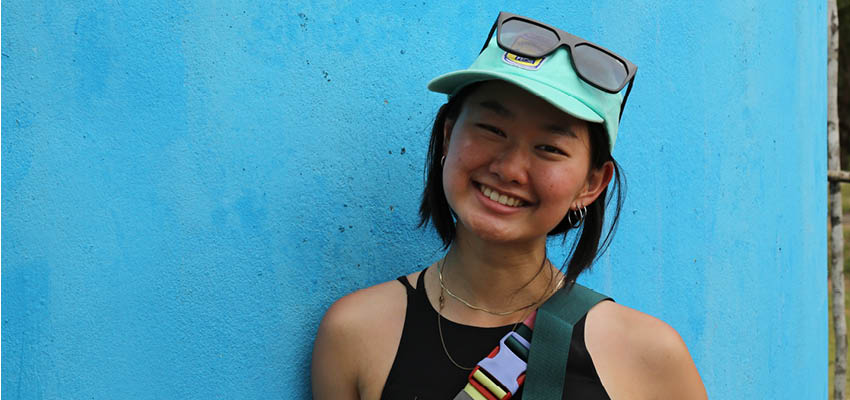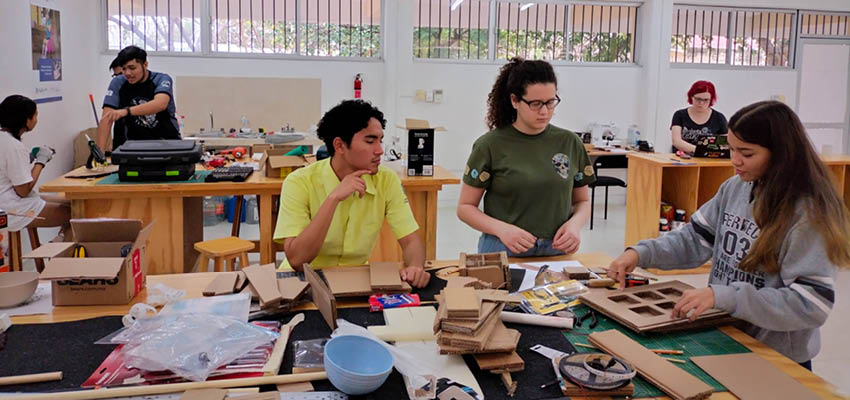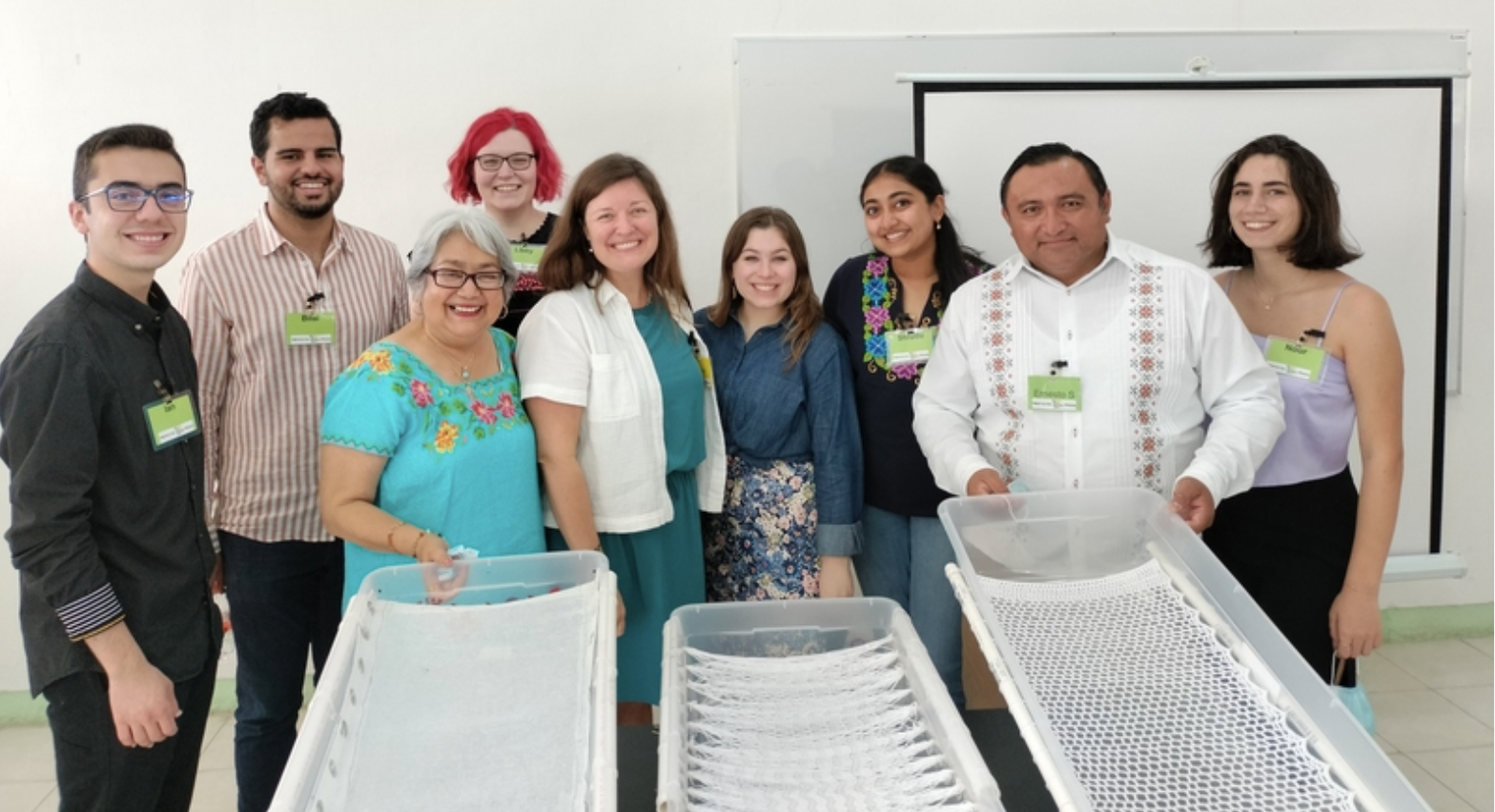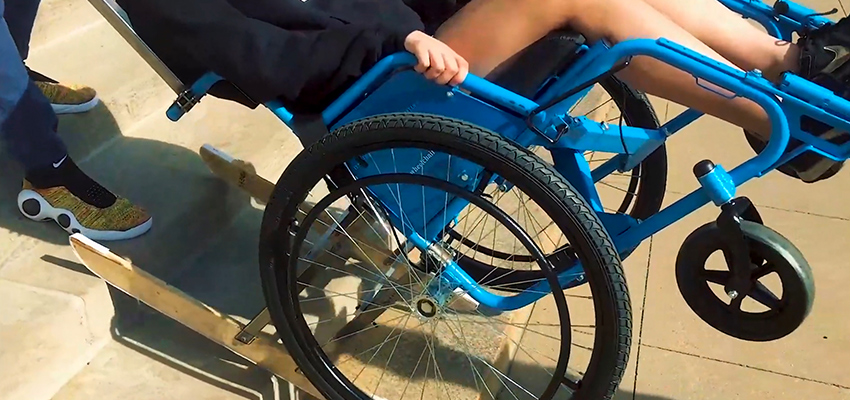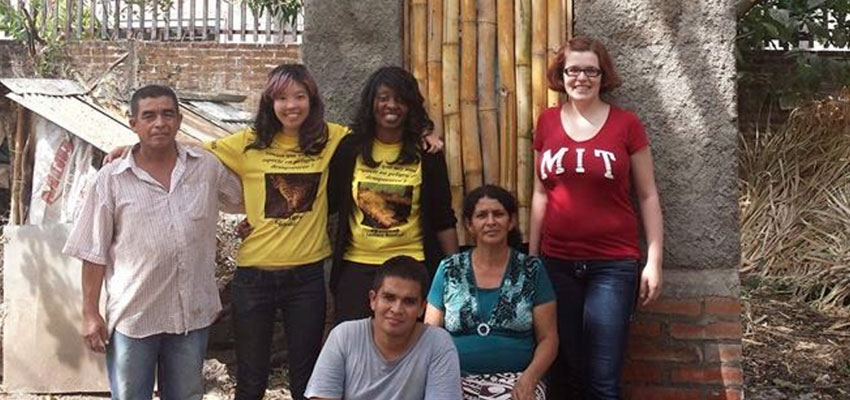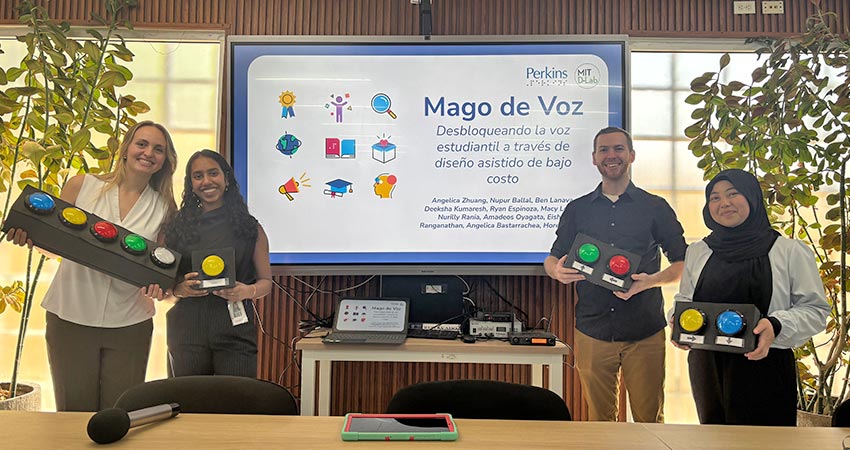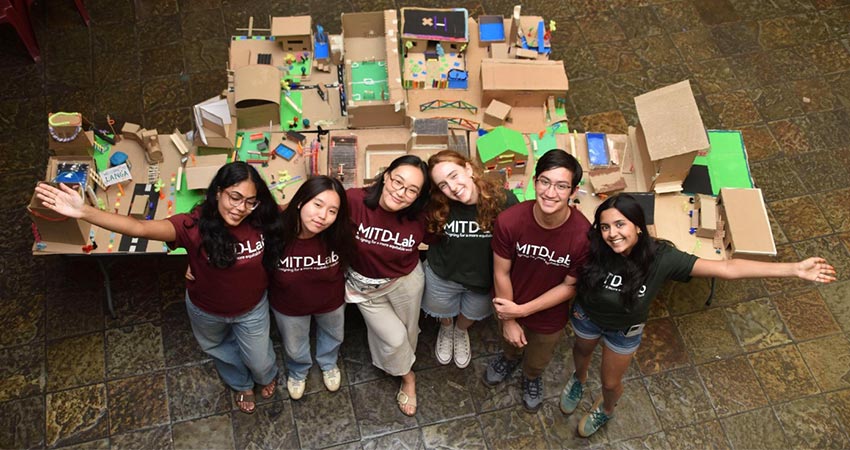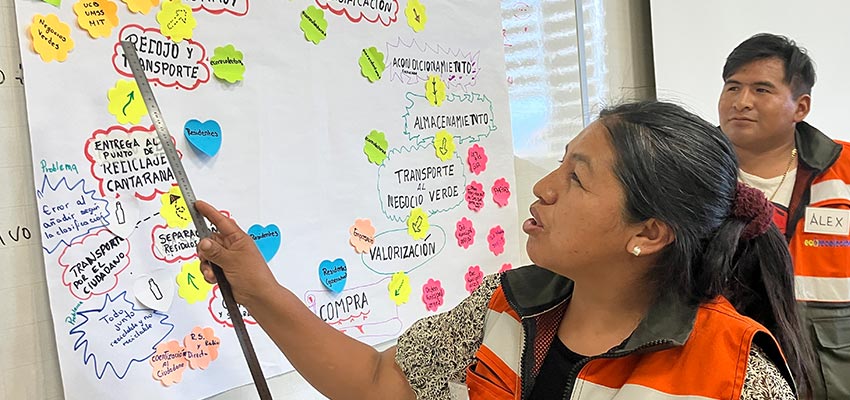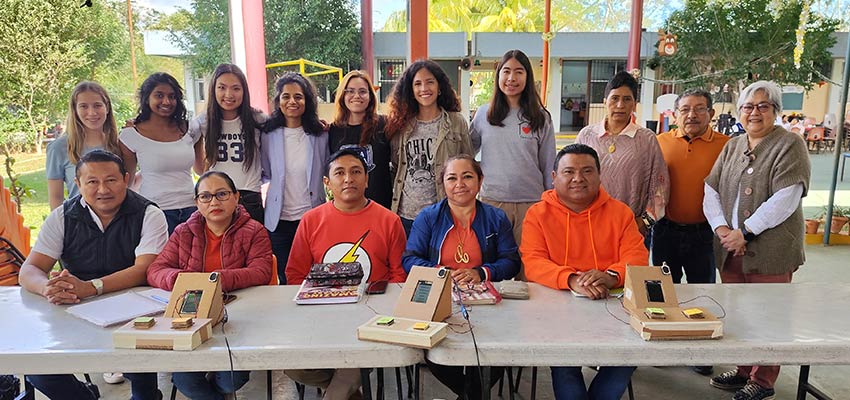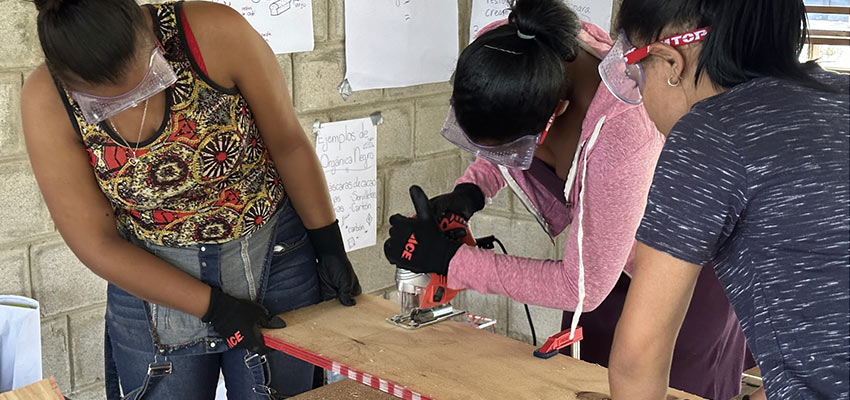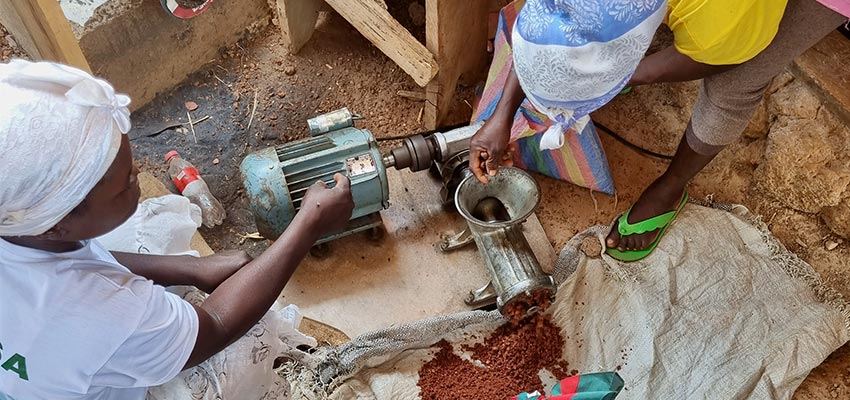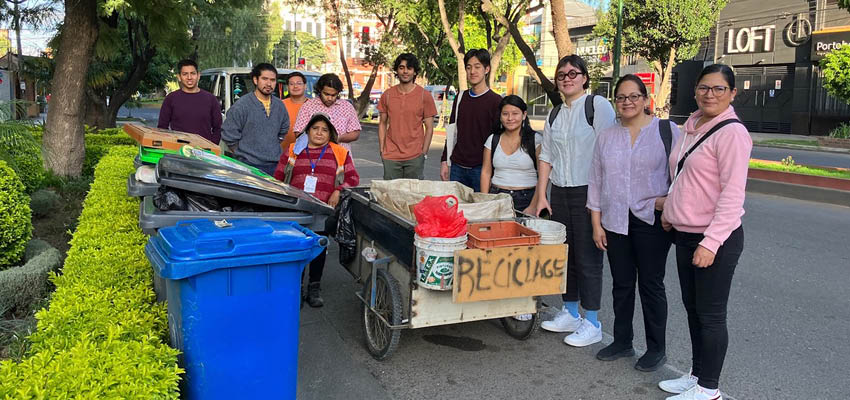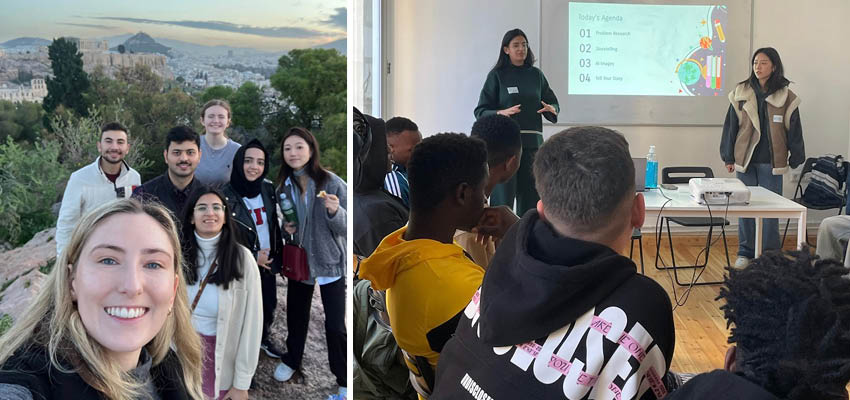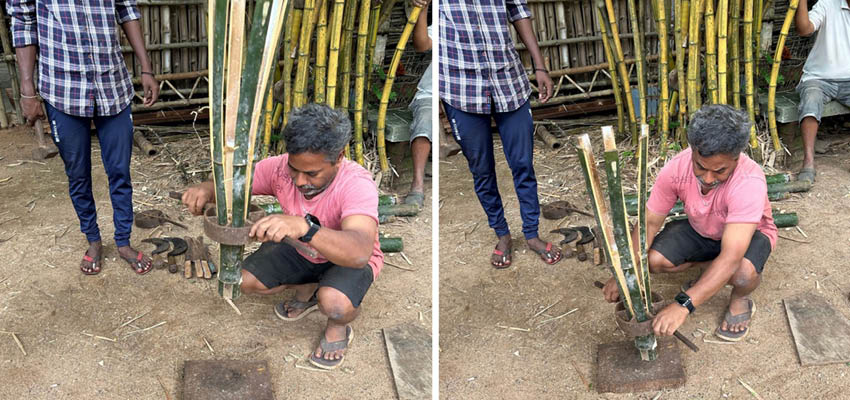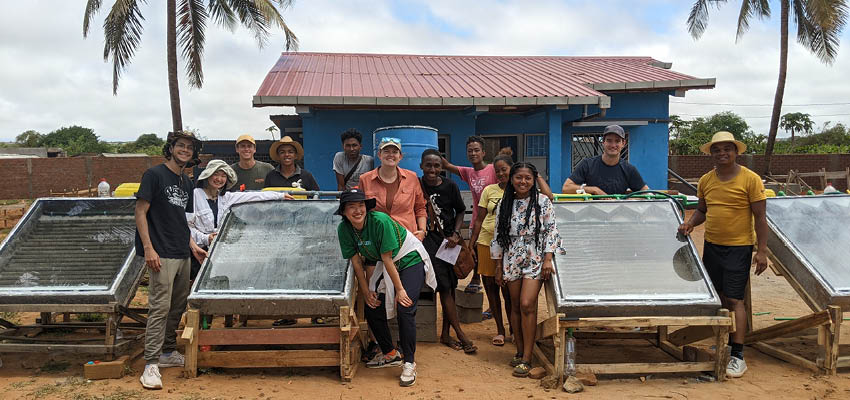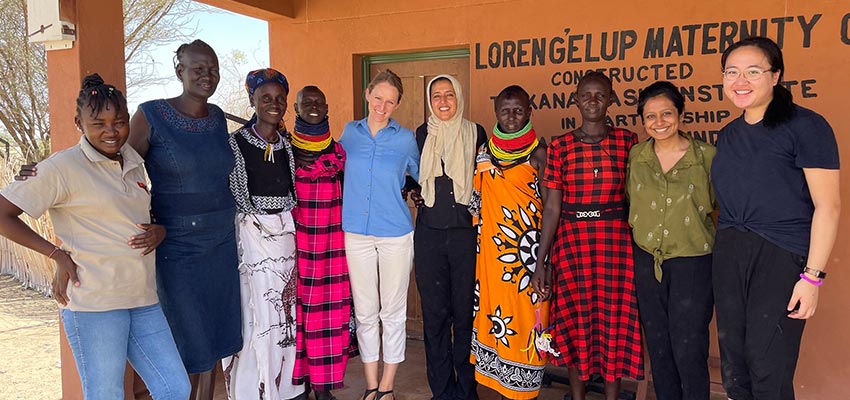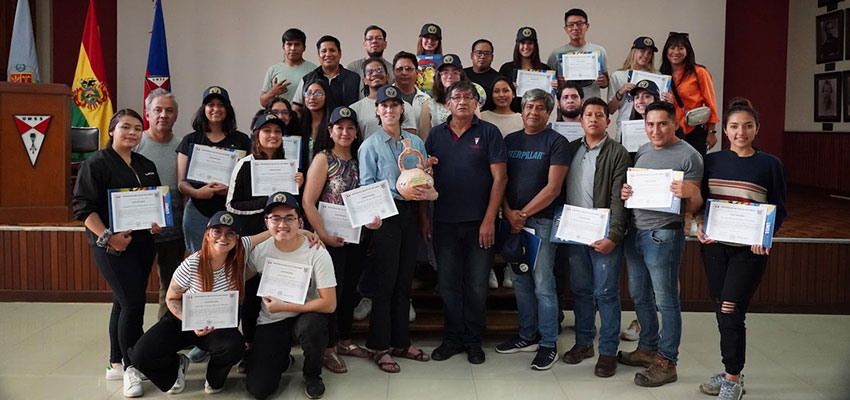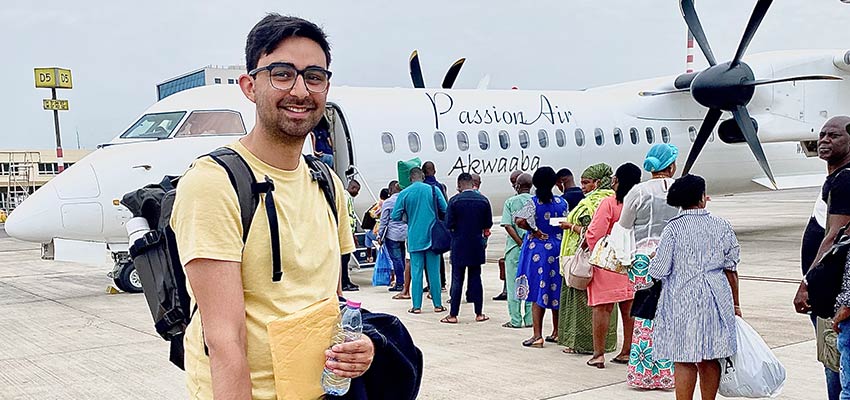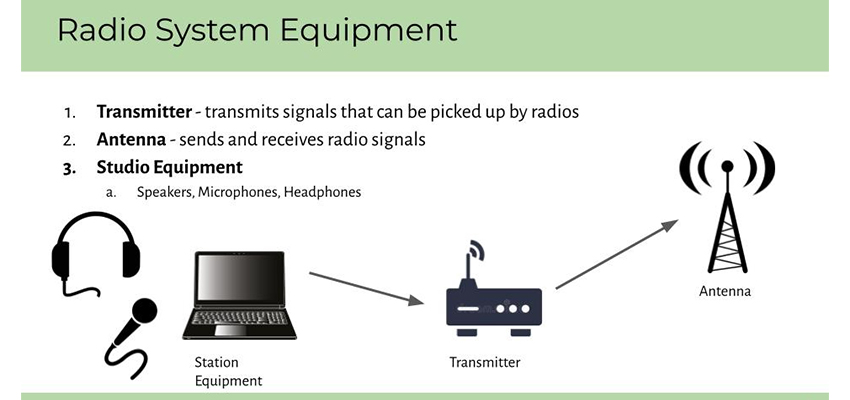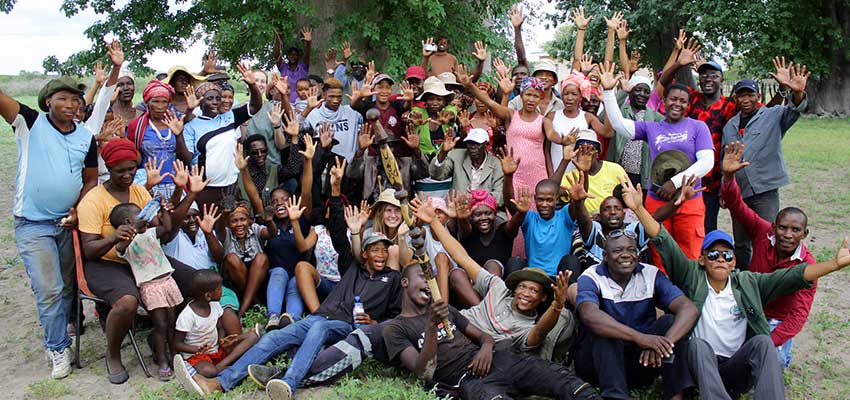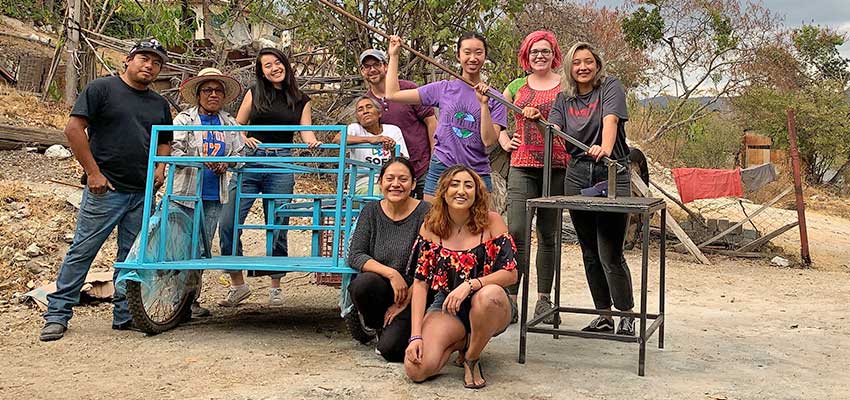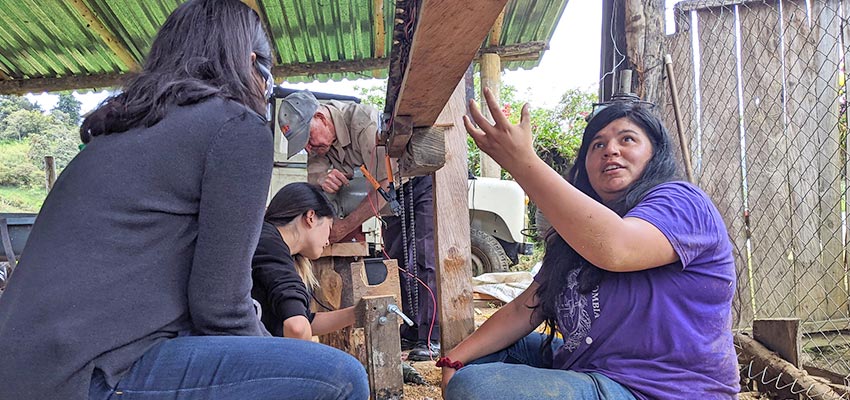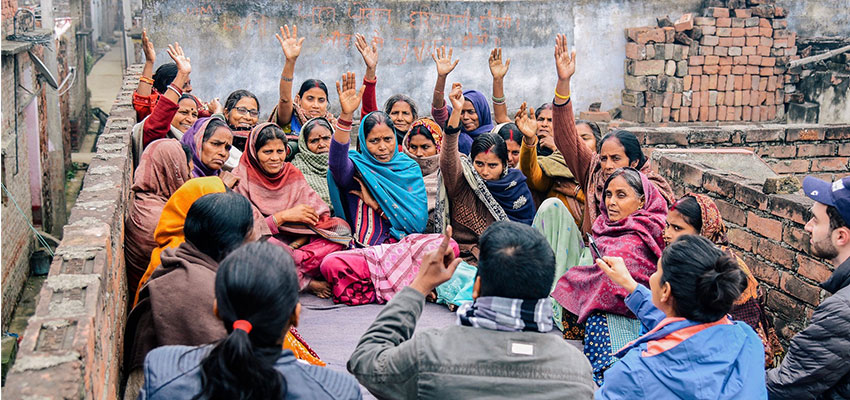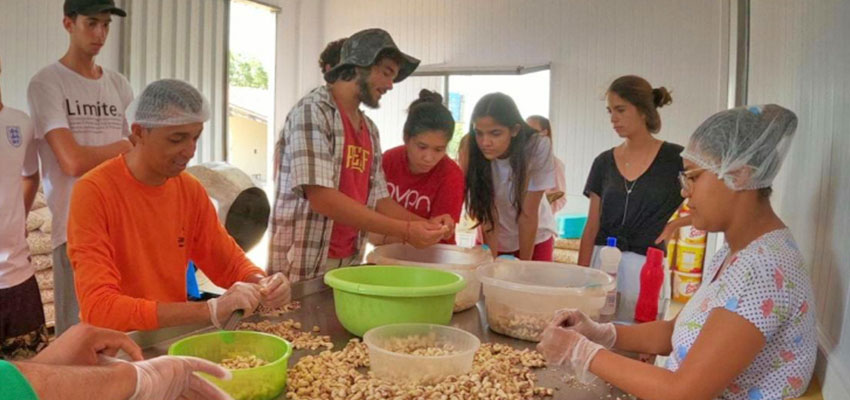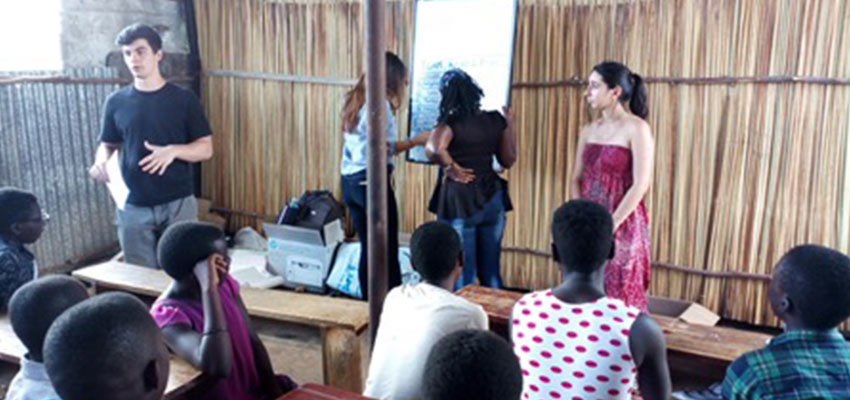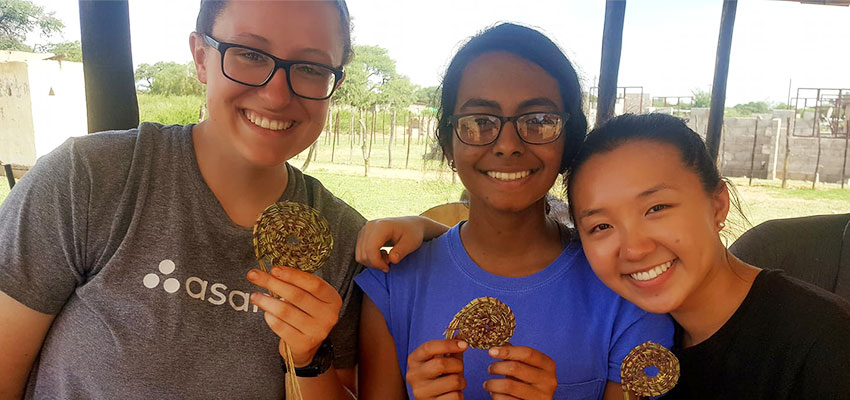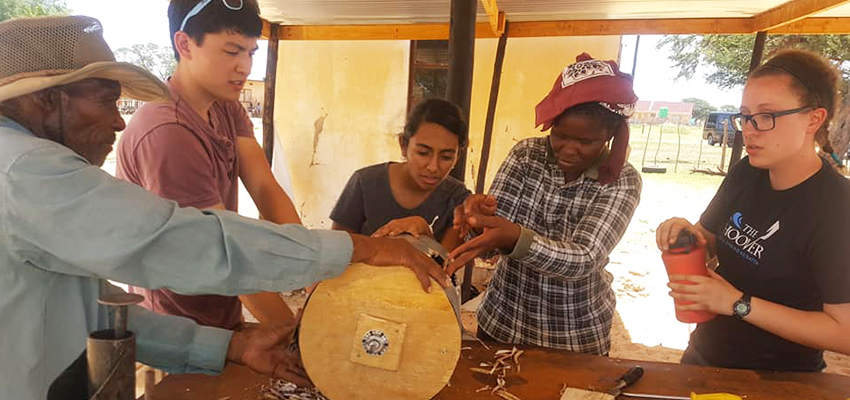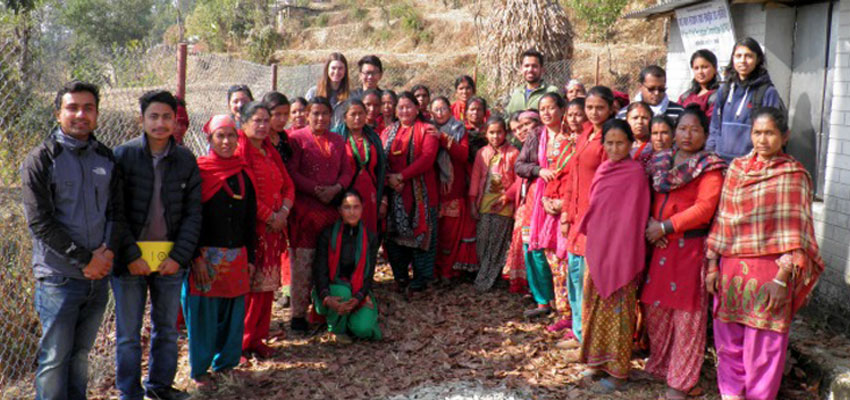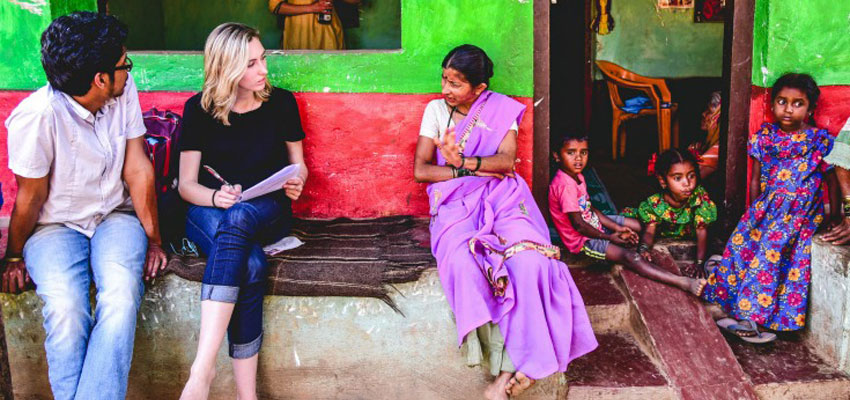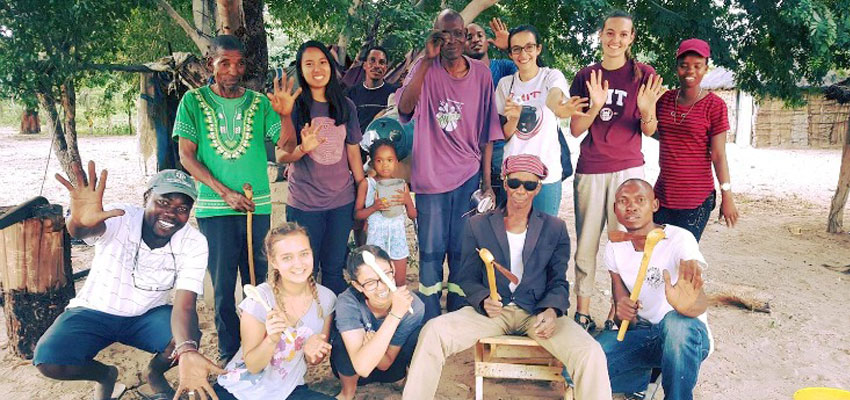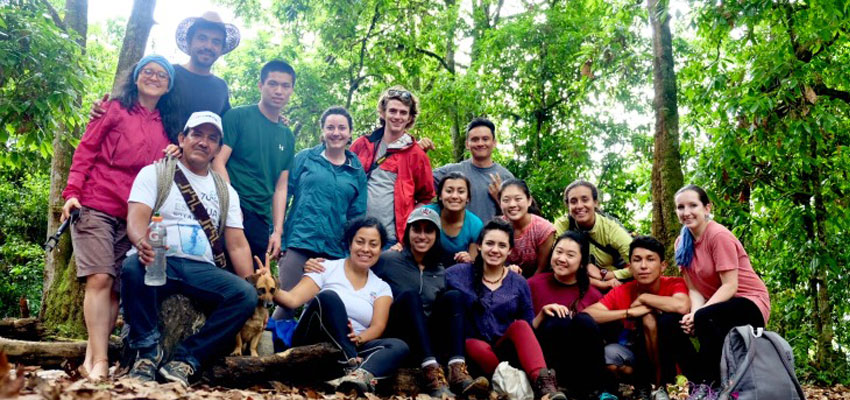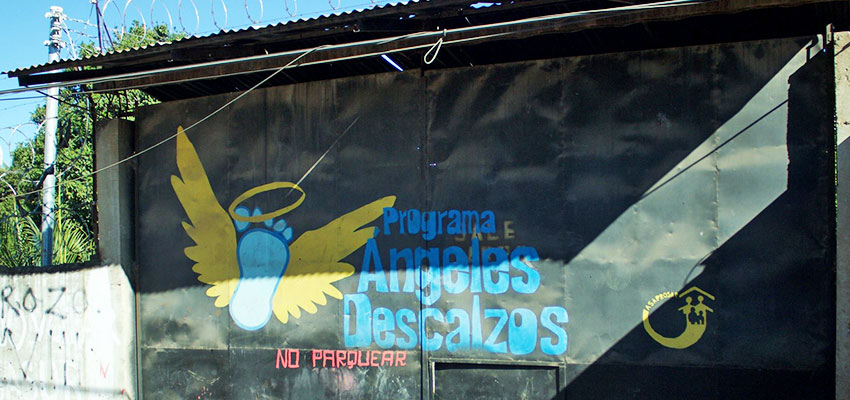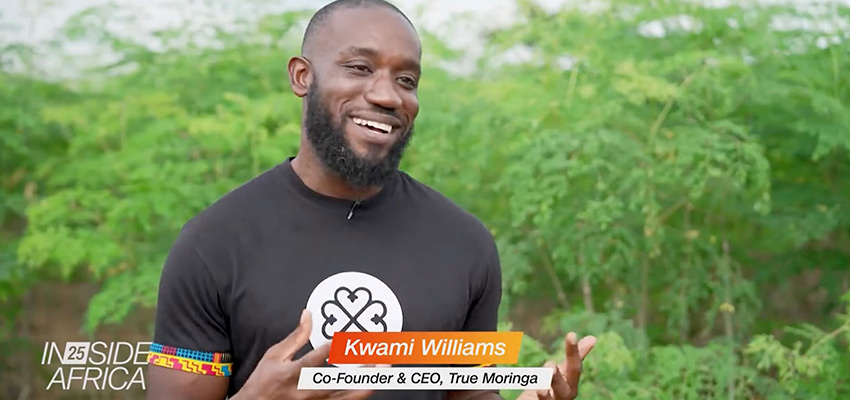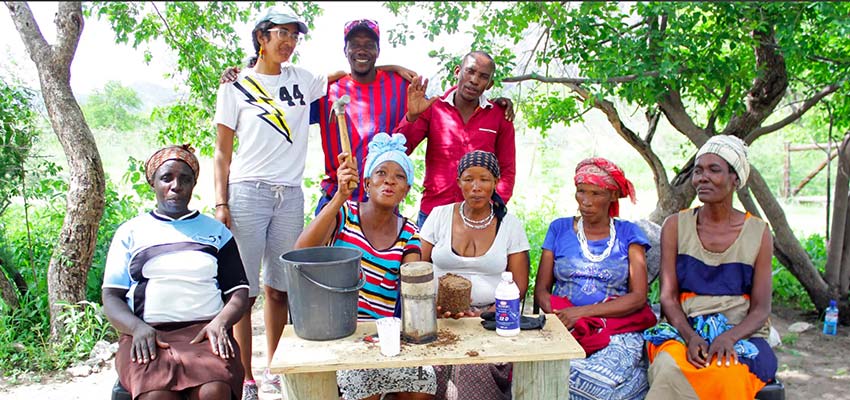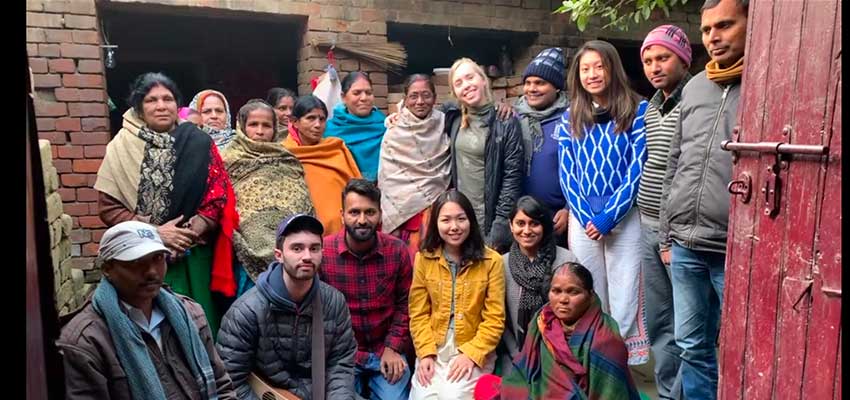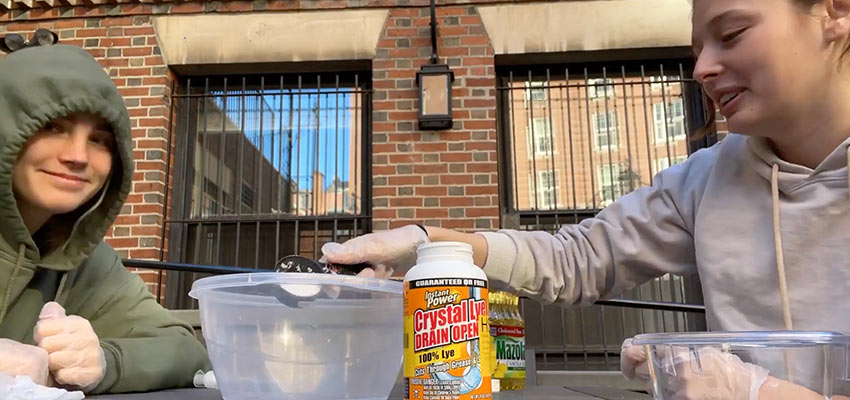
Partnering with women eco-colectoras in Cochabamba, Bolivia to boost their income stream by developing innovations that up-value their services in collecting recyclables and biowaste.
MIT D-Lab Class
D-Lab: Development Fall 2022
Student team
MIT students unless otherwise noted.
- Nora Donnelly ‘24, Math & Finance
- Hung Huynh ‘24, Mechanical Engineering & Sustainability
- Prathysha Kothare ‘25, Chemical Engineering
- Lexi Spinetta '24, Math & Finance
- Lexy Zitzmann ‘24, Math & Entrepreneurship
Community partners
On this project, we are partnering with a local university, Universidad Mayor de San Simón (UMSS). They have formed a team of local engineering students led by Marco Antonio Arancibia Miranda, an electrical engineer, and Carola Ortuno, a senior consultant specializing in Circular Economy Strategies and Waste Management Systems.
Location
Cochabamba, Bolivia
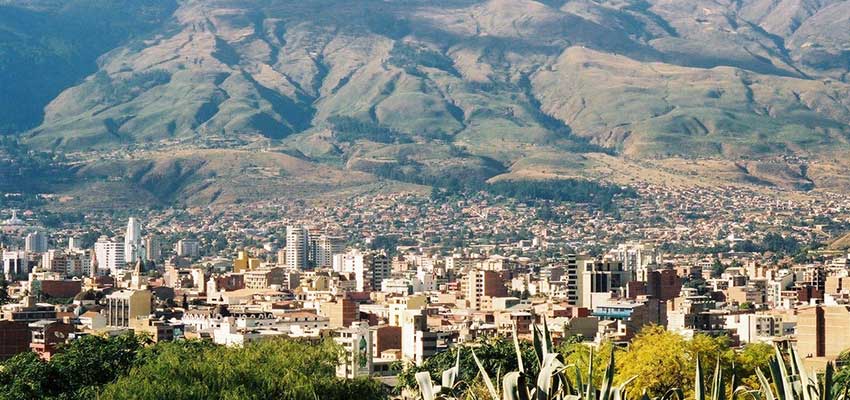
Opportunity driving the project
Since this project is in its infancy, no D-Lab team has ever traveled to conduct boots-on-the-ground with the community of ~30 women eco-colectoras in Cochabamba, Bolivia. For this reason, the primary focus for us is to build a relationship with the Quechuan eco-colectoras so we can better understand their needs and help them gain recognition and incorporation into the formal sector of the economy. Based on our university partner’s input, we have identified several income-boosting opportunities in the green services the eco-colectoras provide. These opportunities include the development of an organic waste management system to address the community health hazards along with a monetization model for waste picking optimization and policy challenges in the formalization of the eco-colectoras within Bolivia’s waste management sector. In terms of the project that our D-Lab Development is working on, the community of eco-colectoras has requested assistance with soap making to more effectively capitalize on the 50L of used cooking oil that they collect daily, which they currently sell to the local factory for around $0.14 per liter.
Cultural context
Cochabamba is the third largest city in Bolivia with a metropolitan population of approximately 1.3 million people. Throughout Bolivia, there are more than 36 unique indigenous cultures, each with its own traditions, customs, and languages. Although many people in Cochabamba speak Spanish, the group of eco-colectoras we are working with speak Quechua. Therefore, in the field, we will be working with a translator throughout the trip.
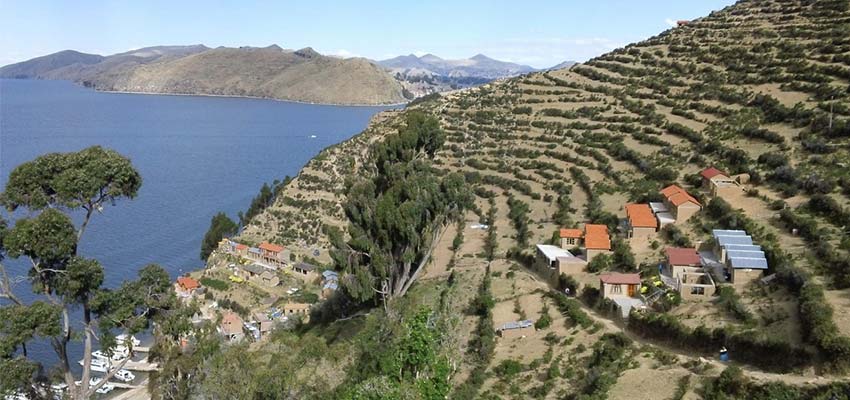
Theory of change
Through conducting interviews with the waste pickers, we hope to understand the risks (economic and ecological ) and opportunities (monetization and bargaining power) they presently face. For example, charting the eco-colectoras’ current supply chain in Cochabamba using Geographic Information Systems (GIS) mapping can help us optimize their income-generating strategies and collection routes. In regards to making soap, an essential ingredient — lye — is a regulated substance in Bolivia. With this in mind, we can potentially use natural materials from their bio-waste collection stream, such as banana peels and sawdust, to make lye. By learning and co-creating soap alongside the eco-colectoras, we can empower them with the autonomy to sell hand-made goods made from materials within their collection streams. Ultimately, we hope that our efforts will complement the eco-colectoras’ income stream through the emergence of more women-owned, small businesses.
Video above depicts members of the student team demonstrating the soap-making process.
Next steps
The team will travel to Cochabamba in January of 2023 to kick off the partnership by meeting with the Bolivian students at the partnering university along with the eco-colectoras. To better understand the living and working conditions of our Quechuan partners, we will visit the landfill, municipality, and service routes in which they operate. Hopefully, this will provide us with the necessary information to understand the layout of Cochabamba and the resources at our disposal. Once we have gathered adequate insight, we will train our university partners to begin the creative capacity building (CCB) workshop for the eco-colectoras.
Contact
Libby Hsu, Lecturer; MIT D-Lab Associate Director of Academics


